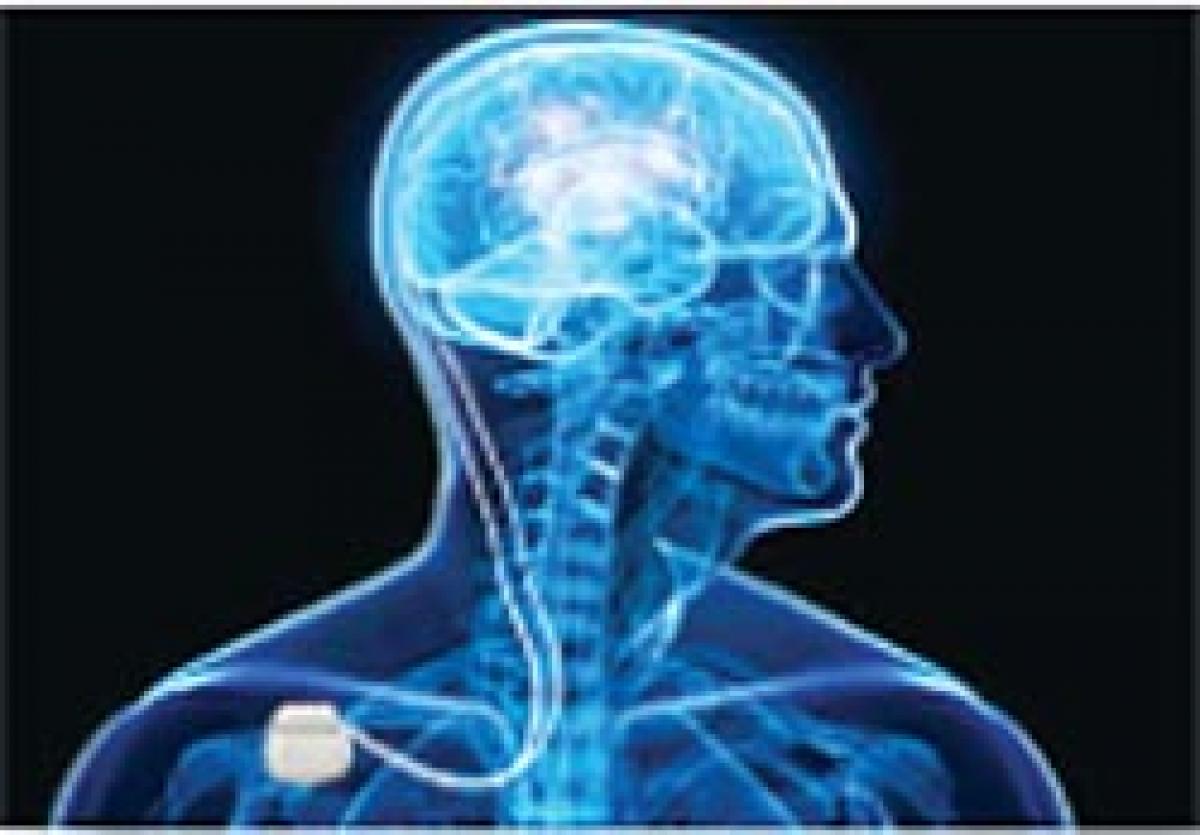Live
- Parents, teachers urged to let children grow freely
- Should State govt crack its whip on Endowment Department's functioning?
- Temple affairs a big task for EOs while few enjoy H.O. cushy stints
- RTA flounders on despatch of documents to motorists in city
- Police destroy ganja plantation
- UBI gesture to 3 welfare hostels
- Overwhelming response to Vijayawada Marathon
- Public Garden stepwell rots in apathy, walkers raise a stink
- Dinakar to send report to CM for justice to victims
- GHMC wakes up from slumber, out to tame stray dog menace
Just In

7 out of 10 patients with DBS require MRI. The advent of ‘MRI Conditional Scan System’ has enabled patients with DBS to safely undergo MRI full body scans.
 The latest MRI Conditional (DBS) devices are making new inroads into the treatment of movement disorders like Parkinson’s disease and dystonia
The latest MRI Conditional (DBS) devices are making new inroads into the treatment of movement disorders like Parkinson’s disease and dystonia
The advent of ‘MRI Conditional Scan System’ has enabled patients with DBS to safely undergo MRI full body scans. Deep Brain Stimulation (DBS), a neurosurgical procedure, is a recognised treatment modality with proven effectiveness for movement disorders like Parkinson’s disease (PD), dystonia and even depression and epilepsy.
In patients with DBS, MRI is an important clinical and research tool in analysing electrode location, documenting postoperative complications and investigating novel symptoms. Magnetic Resonance Imaging (MRI) helps doctors view highly detailed images of tumors, internal organs, blood vessels, joints and muscles using strong magnetic fields and radio frequency pulses.
Having already benefitted countless patients, the number of indications for DBS is steadily increasing and the technology has been formally approved to help patients gain control over movement disorders.
Most patients who qualify for DBS have conditions, which may require MRIs post implant. Despite MRI being one of the most necessary diagnostic procedures in a majority of patients, its use in DBS patients had been discouraged earlier, due to safety concerns.
Dr Rupam Borgohain, Professor, Dept of Neurology, Nizams Institute of Medical Sciences, Hyderabad, says, “At present, seven out of ten DBS patients require MRI scans, a huge ratio. This new feature will allow patients to undergo MRI scanning without turning off the device or compromising on the benefits of the therapy.”
Explaining the mechanism, he says, “A change in settings of the device, and the patients can continue to receive therapy during MRI scans. For patients waiting to get their DBS implantation done, this is a blessing which will make the treatment more accurate, effective and safe.”
So, with 60 million MRI procedures already being performed every year, this new feature is undoubtedly a feather in the cap of the DBS technology and a boon for patients waiting to get these implants done.

© 2024 Hyderabad Media House Limited/The Hans India. All rights reserved. Powered by hocalwire.com







